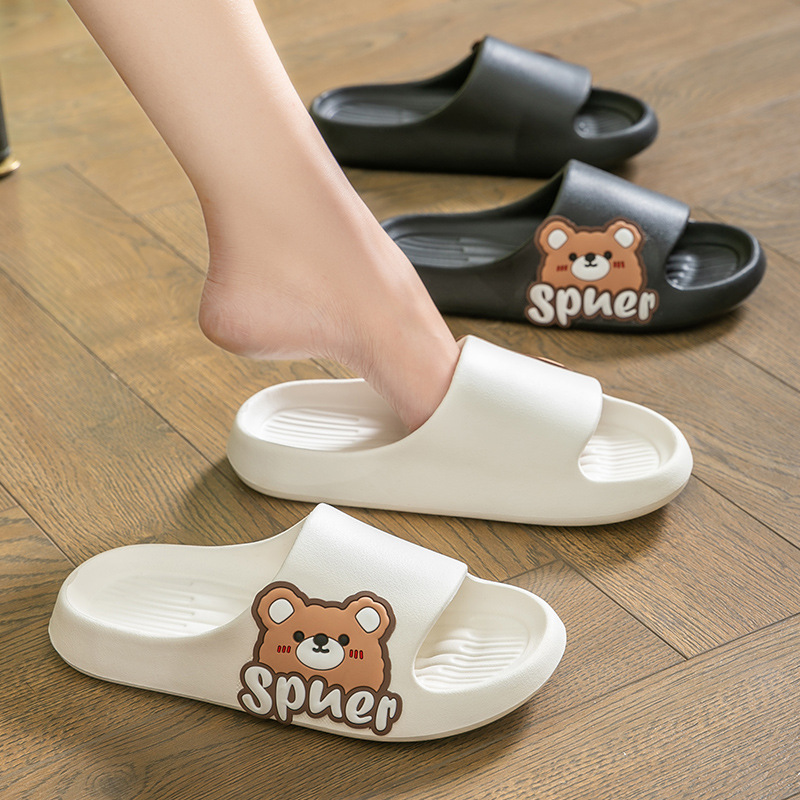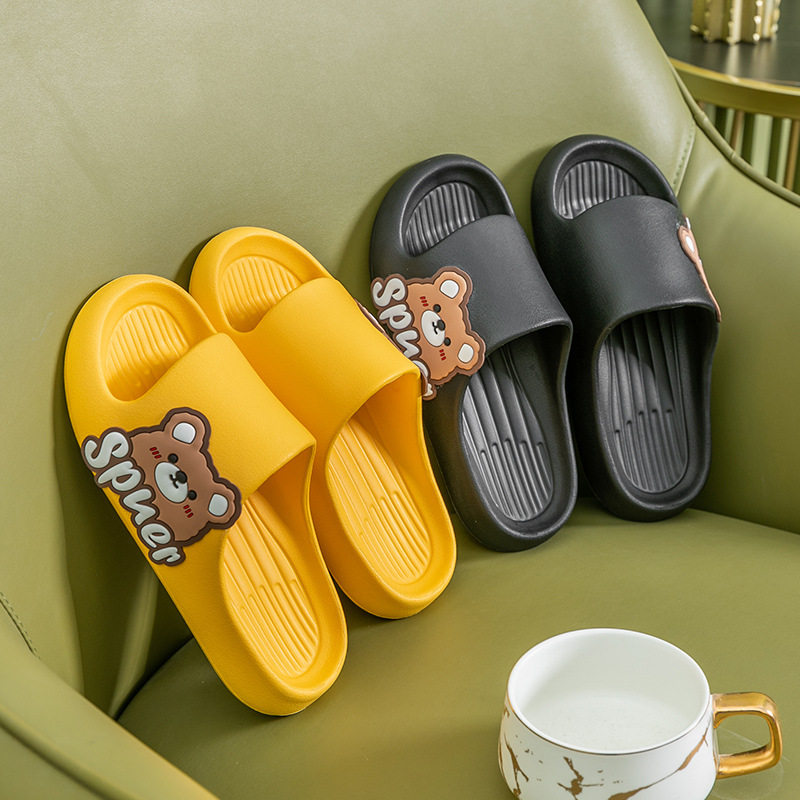EVA vs. PVC Material: Which Keeps Your Feet Odor-Free? Pros and Cons of EVA Soles

EVA vs. PVC Material: Which Keeps Your Feet Odor-Free?
When it comes to EVA (Ethylene Vinyl Acetate) and PVC (Polyvinyl Chloride) material for slippers, which one keeps your feet odor-free?
In terms of foot odor resistance, EVA has a slight edge. Both materials fall under the category of plastics. However, PVC slippers are made from PVC, plasticizers, foaming agents, and other additives, resulting in a noticeable plastic odor due to the additives. On the other hand, EVA slippers are made by co-polymerizing ethylene (E) and vinyl acetate (VA), making them environmentally friendly, odor-free, soft, and odor-resistant.
Pros and Cons of EVA Soles:
Advantages:
Lightweight: EVA soles have low density, making them lightweight and reducing fatigue during wear.
Shock Absorption: The abundance of air bubbles in EVA soles helps absorb impact, protecting the bones and preventing injuries.
Flexibility: The soft nature of EVA soles allows them to adapt to foot shape and walking patterns, enhancing comfort and providing better support and cushioning.
Anti-Slip: Many EVA soles have surface treatments that provide anti-slip functionality, improving stability while walking.
Abrasion Resistance: EVA material exhibits excellent resistance to wear and tear, making it less prone to damage.

Disadvantages:
Not Heat-Resistant: EVA has a low melting point, making it susceptible to melting at high temperatures, rendering it not heat-resistant.
Low Durability: The extremely soft nature of EVA soles causes them to lose elasticity quickly, making them prone to damage and resulting in lower durability.
Lack of Breathability: The dense air bubble structure of EVA soles reduces air circulation, leading to insufficient breathability and potential discomfort, such as toe pain.
Not Solvent-Resistant: EVA material is highly corrosive to oil solvents, acids, and alkaline solutions, making it susceptible to sole damage.
In conclusion, the choice between EVA and PVC for slippers depends on individual preferences and needs. If odor resistance, lightweight feel, and shock absorption are priorities, EVA might be the better choice. However, for those seeking durability and affordability, PVC could be a suitable option. Understanding the advantages and disadvantages of each material helps make an informed decision based on personal requirements.


